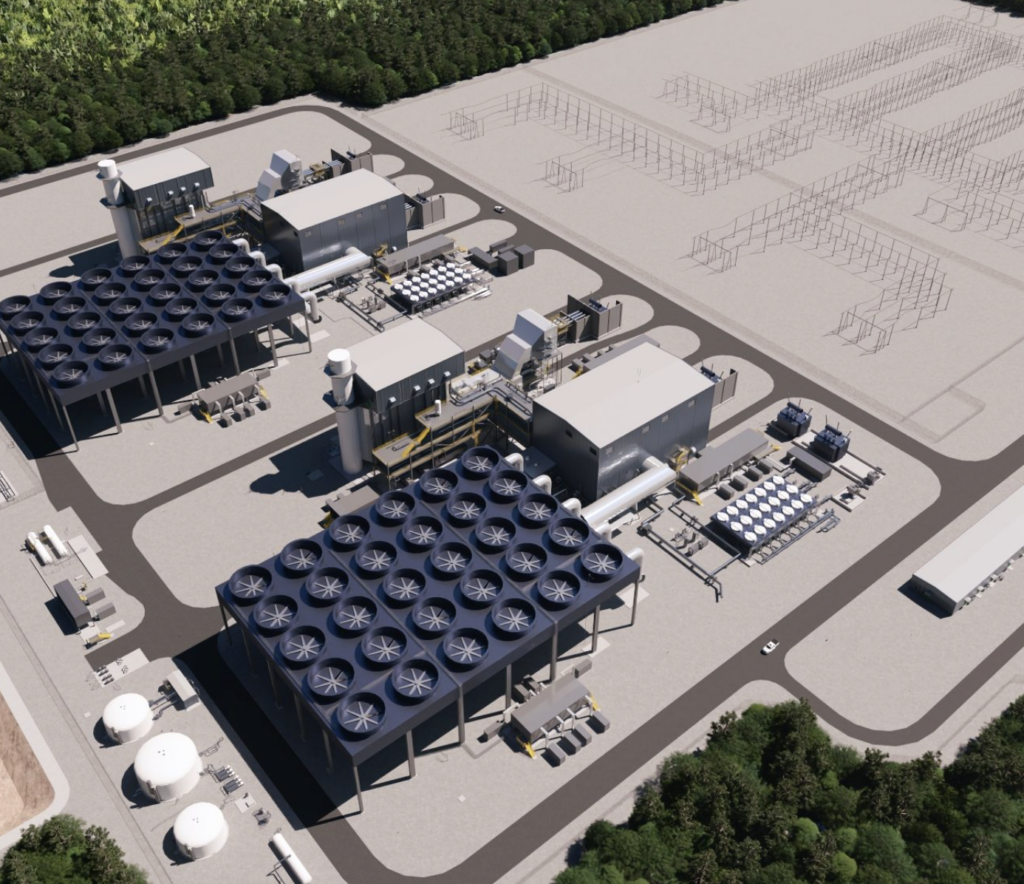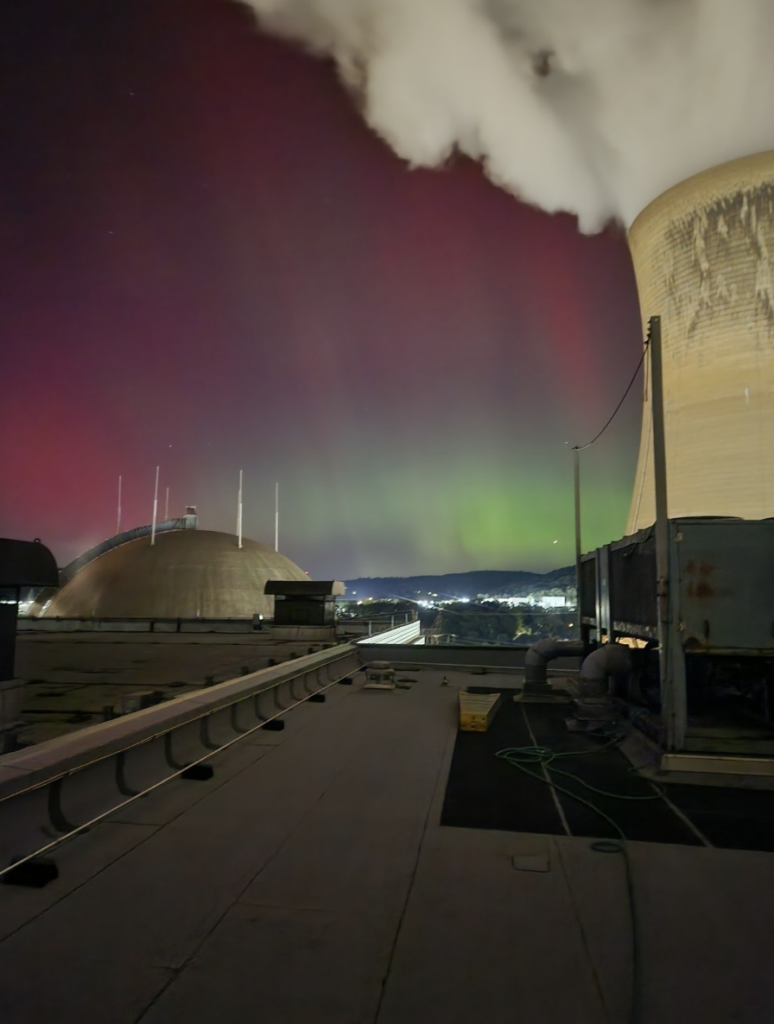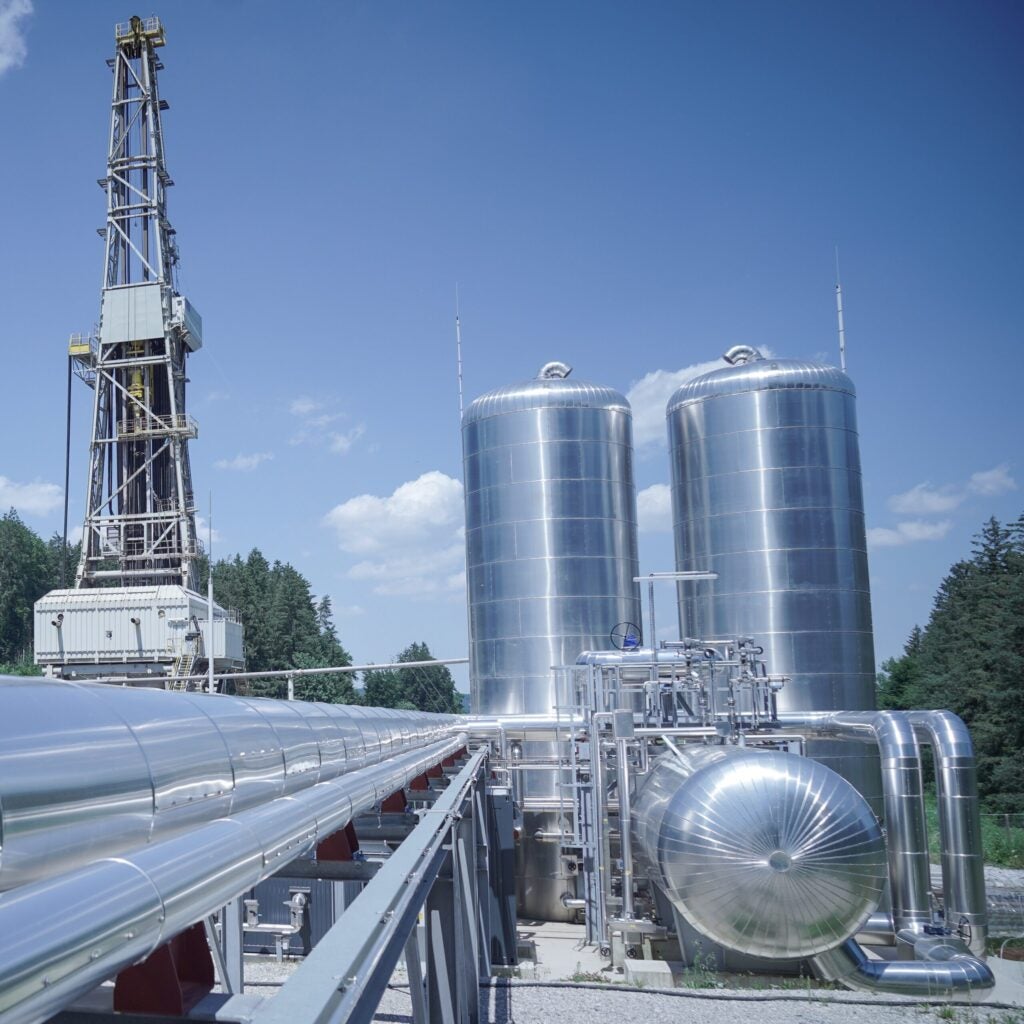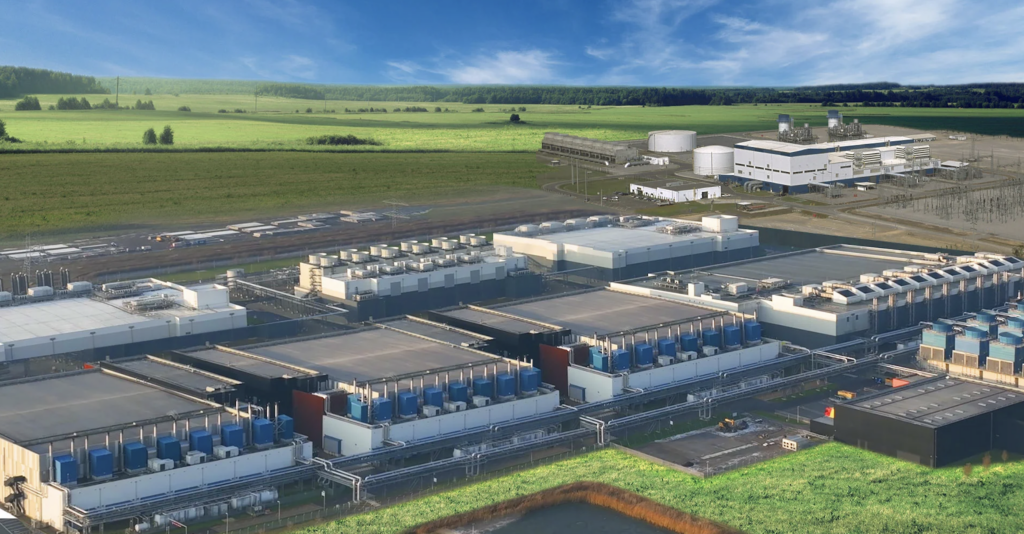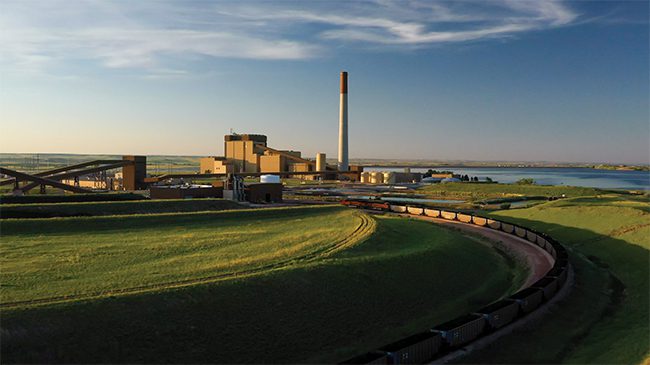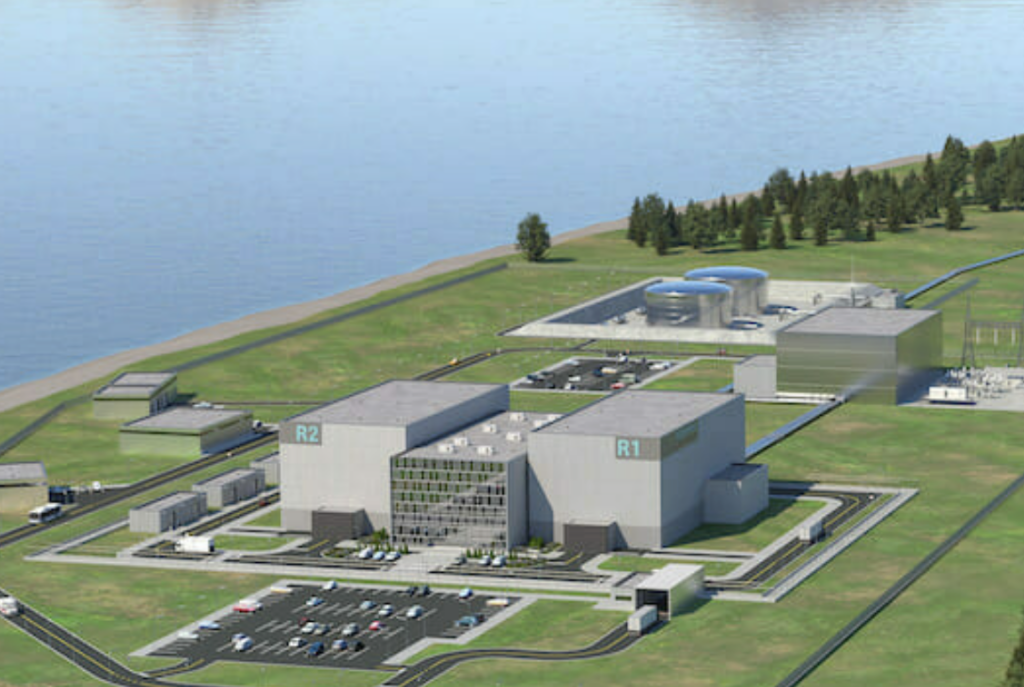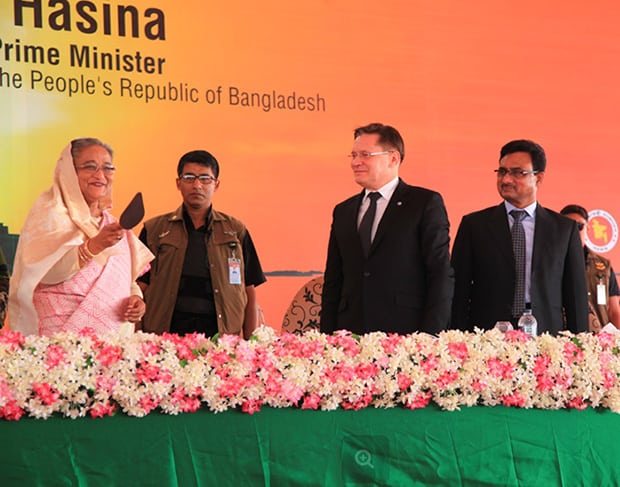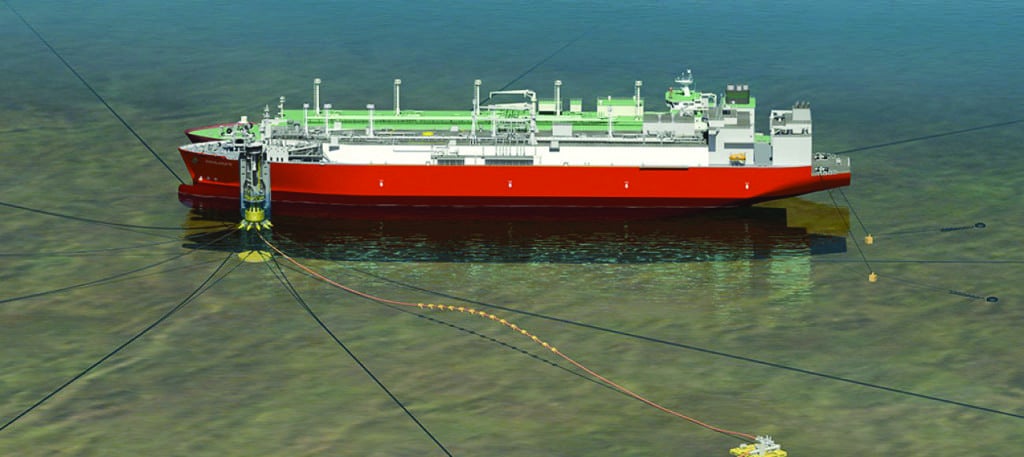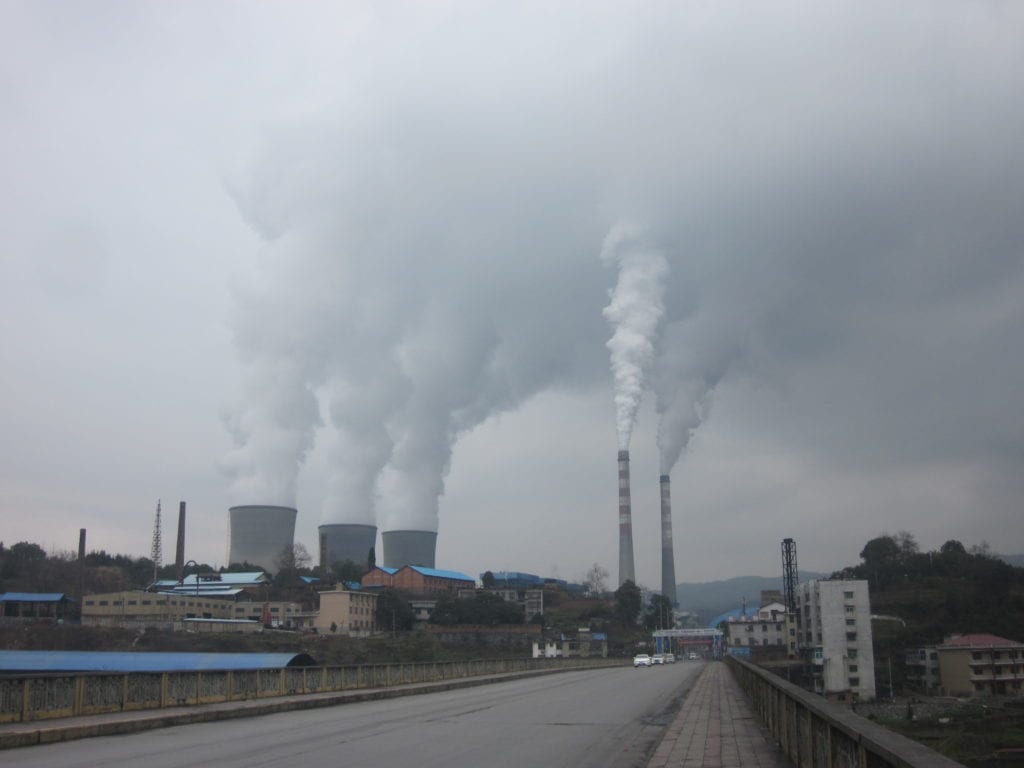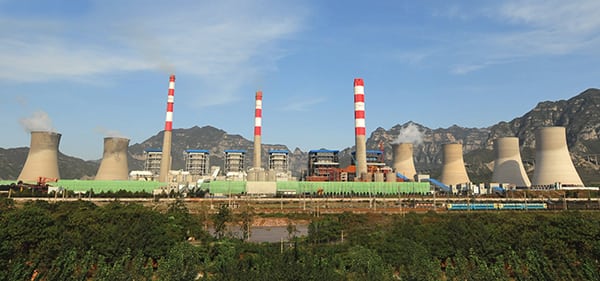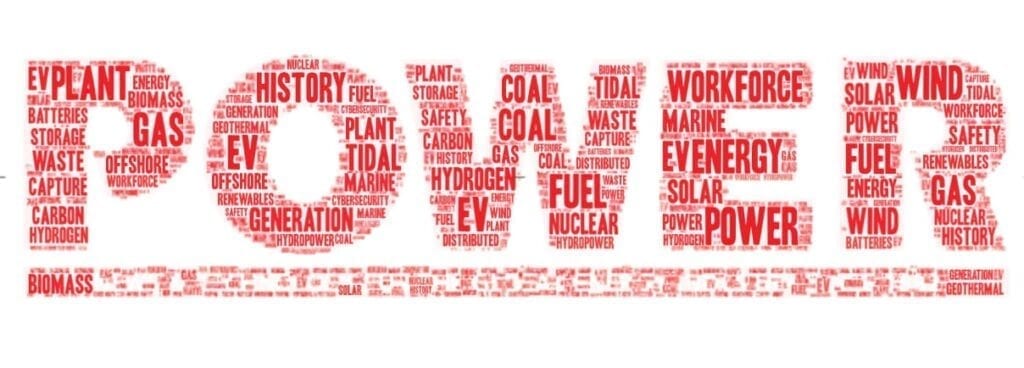S. Alam Group has suspended work at the site of a proposed 1,224-MW coal-fired power station in Chittagong, Bangladesh, due to safety concerns following a rally that ended with four protesters dead on April 4.
According to multiple sources, groups opposing construction of the plant agreed on April 10 to halt their activities for 15 days while Bangladesh’s ruling Awami League investigates the incident and addresses the demonstrators’ demands.
Is Misinformation to Blame?
Prime Minister Sheikh Hasina gave the impression that protestors are misinformed about the hazards posed by the coal plant. She is quoted as telling the United News of Bangladesh, “Some people in this country have some bizarre imaginations … I don’t know how this crosses their minds, but some lives have been lost unnecessarily for such imaginary talks … I’ve no idea what’s the motive behind this.”
Bangladesh is hungry for power. According to the Awami League, the country’s economy is growing at more than 6% annually. In 2009, Bangladesh had less than 5 GW of installed capacity, and more than half of its population had no access to electricity. Today more than three-quarters of residents have electricity and the installed capacity is more than 14 GW. But the country has plans to nearly triple current capacity by 2030.
Awami League & ElectricityForAll: Rising electricity coverage in #Bangladesh #Power #Energy #SheikhHasina pic.twitter.com/tN2yle0F4g — Awami League (@albd1971) April 11, 2016
Coal Generation Is Backbone of Growth
The Bangladesh Power Development Board reports that nearly 62% of the country’s current capacity is fueled by natural gas, while the majority of the rest comes from oil/diesel generation. Only about 2% of the mix is coal-fired, but that percentage is expected to grow to more than 50% by 2030.
Awami League & ElectricityForAll: Surging electricity generation capacity in #Bangladesh #Energy #SheikhHasina pic.twitter.com/AqB4rQUiwN — Awami League (@albd1971) April 11, 2016
To reassure the residents of Chittagong, Hasina noted that two coal-fired power plants have been built in Dinajpur, with a third still under construction. She said no adverse environmental effects have been witnessed there, reporting that paddies and trees were growing normally and people were living normal lives.
The prime minister’s energy advisor added that all coal-based power plants would have to be built protecting public interests and the environment.
It is believed that work on the Chittagong project will eventually resume. Currently, the units are projected to begin operation by November 2019.
Nuclear Also Being Added to the Mix
Bangladesh also has plans to add nuclear power to its mix. In December, a deal was signed between the Bangladesh Atomic Energy Commission and Russia’s Atomostroyexport to build the Rooppur Nuclear Power Plant in Pabna. The facility is projected to cost $12.65 billion and will include two 1,200-MW VVER-1200 nuclear reactor units.
First phase of Rooppur #Nuclear Power Plant expected to go into operation in 2022 https://t.co/KxBl7bSSel pic.twitter.com/XrboKzYui2
— Awami League (@albd1971) April 11, 2016
A nuclear plant was first proposed for the site in 1961. Land was acquired in 1963, and it then sat in limbo for nearly 20 years. In 1980, the government approved a proposal, but still no plant was built. Since 1999, larger and larger plans have been proposed, but nothing ever materialized until now.
“A very old dream has come true today,” said Finance Minister Abul Maal Abdul Muhit, speaking as the chief guest at the ceremony on December 25 announcing the agreement. “Now we are on the verge of entering the elite club of the countries who have nuclear power plants.”
The first unit is expected to begin operating by 2022 and the second unit by 2023.
—Aaron Larson, associate editor (@AaronL_Power, @POWERmagazine)


